- Wildlife in Bandipur National Park
- Romantic Getaways near Bangalore
- Top Places to See in Bandipur
- Himavad Gopalaswamy Betta
- 6 Places Nearby Bandipur for Family Vacations
- Luxury Resort in Bandipur
- Theppakadu Elephant Camp
- Offbeat Places in Karnataka
- Prince, Tiger of Bandipur
- Mysore to Bandipur National Park
- Weekend Getaway from Bangalore
- Safari at Bandipur
- Safari in Bandipur
- Bandipur Itinerary
- Kabini vs Bandipur
- Sightseeing Places in Bandipur
- Ooty to Bandipur
- Activities In Bandipur
- Top 5 Must Visit Places in Bandipur
- Best Tourist Places in Bandipur
- Jungle Stay in Bandipur
- Witness the Divine at Malai Mahadeshwara Temple
- Bangalore to Bandipur Road Trip
- Best Time to Visit Bandipur
- Bandipur to Wayanad
- Bandipur Itinerary for 2 Days
- Bandipur vs Mudumalai
- Things to Do in Bandipur
- Bandipur in Summer
- Beautiful Places in Karnataka You Must Visit
- Bandipur, the Perfect Stop Between Mysore and Ooty
- Witness the Divine at Malai Mahadeshwara Temple
- Moyar Route
- 5 National Parks in Karnataka
- Explore the Wilderness of Mudumalai Tiger Reserve
- Himavad Gopalaswamy Temple
- Bird Watching in Bandipur
- Flora and Fauna of Bandipur National Park
- Wildlife Week Celebration in Bandipur
- The Serai Bandipur
- Living in the Wild - An Account of the Tribes in Bandipur
- Experience a Bangalore to Bandipur Road Trip
- Be Amazed by the Waterfalls near Bandipur
- Nature Stay Near Bangalore
The idea of living in the wild, away from the scurry of city life, is something that many have romanticised. In this fantasy of an escape from the day-to-day, what one never considers are the hard truths and difficulties of living in the forest. These hard truths, on the other hand, are second nature to a number of tribes in Bandipur, who even today, reside enveloped by the rugged wilderness.
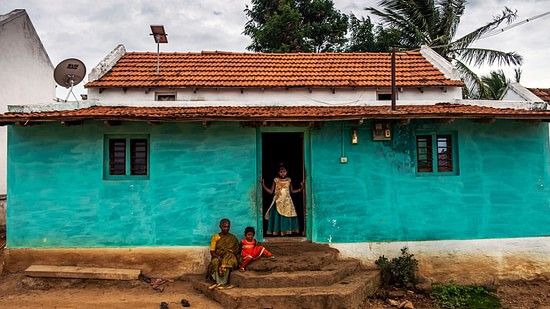
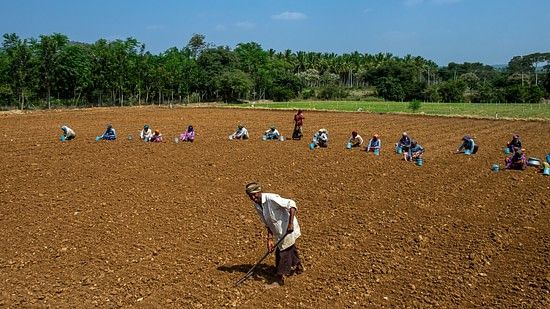
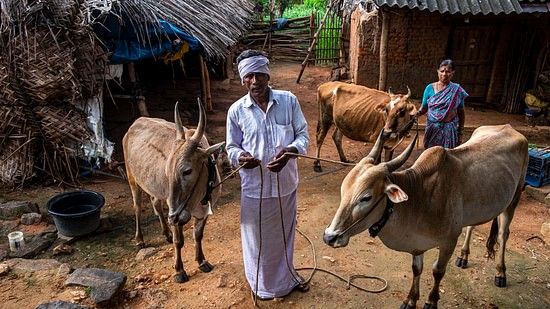
“The clearest way into the universe is through a forest wilderness”, said philosopher, mountaineer and explorer John Muir. The world begins and ends with the forest for local tribes inside Bandipur Tiger Reserve, but boy have they seen the universe in more ways than John Muir ever intended! Having been uprooted from their ancestral homes in the forests during the formation of the national park and tiger reserve, they still hold onto their fading indigenous identity with beautiful traditions and customs.
While human settlements in a tiger reserve are a threat to the delicate ecosystem of an almost-endangered species, the only remedy for this problem with way-too-many complications is peaceful coexistence. Today, there are over 15 villages on the fringes of Bandipur Tiger Reserve, many of which are Adivasi settlements. These settlements are home to tribes like Soliga, Kuruba, Jenu and Betta Kuruba, all of whom were relocated a generation or two ago. These tribes in Bandipur, who lived off the land, plucking and foraging what the forest graced them with, have had to entirely change their way of life.
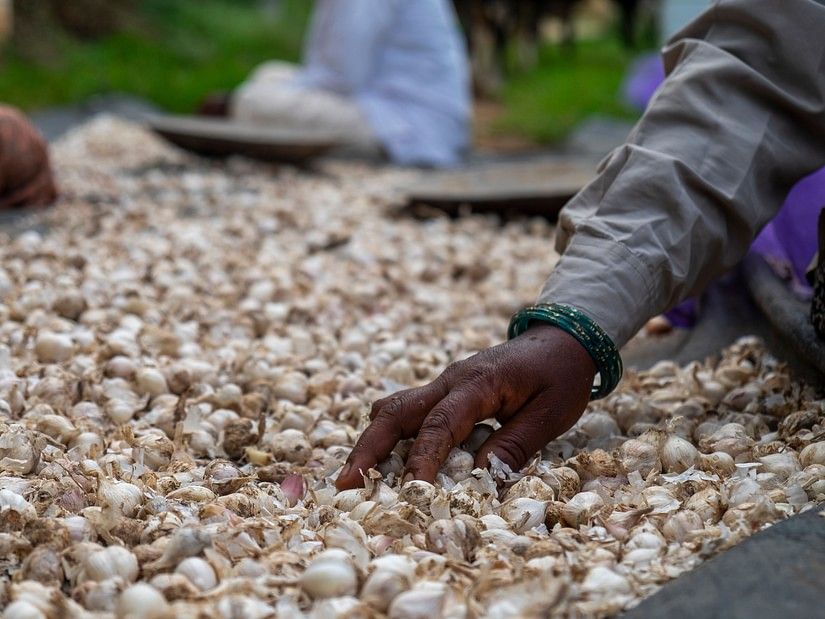
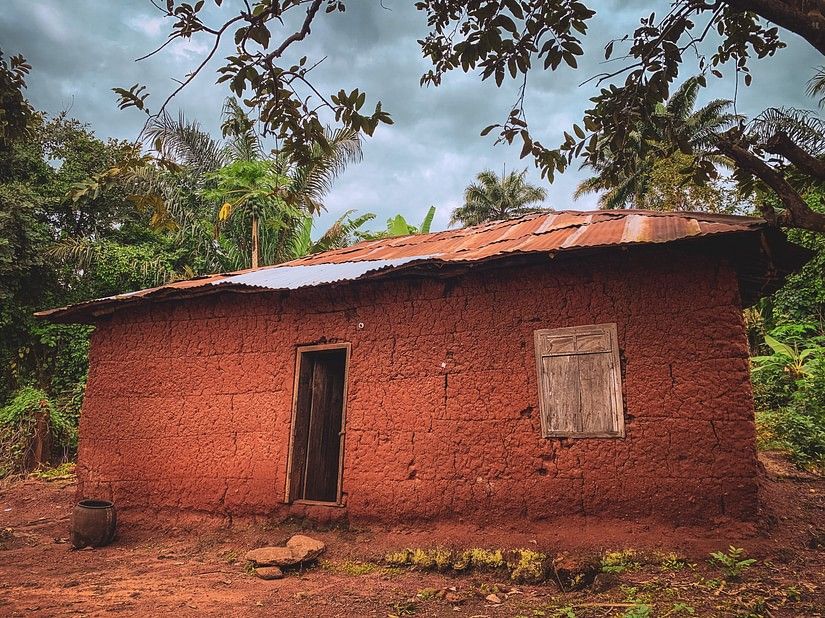
Caught between the contemporary age and a traditional lifestyle, these tribes balance fairly modern jobs as labourers with the livelihood the forests provide. Today, the surviving tribal population utilise their innate talents and convert them into a path of livelihood. The Jenu Kurubas are known for their incredible tree scaling abilities and are great with weapons such as bows, arrows and slings. They harness these talents to source their food and other raw materials necessary in daily life. Most tribal houses nowadays, are constructed with mud and bamboo which are vulnerable to the frequent floods in the area during monsoons. In such cases, they rebuild their shelters and hence using raw materials available in abundance in their surroundings is not only more sustainable but also more profitable.
The Forest Rights Act, signed in 2006, has incorporated addendums to elevate the lives and livelihoods of the Adivasi. These tribes who depend on the forests can claim access to forest land and resources, and avail rehabilitation.
We, at Serai, are striving to build a responsible future together. We firmly believe that the way forward lies in giving back. Not only are our efforts in line with what’s best for the environment, 80% of our staff are local populace.
We, at Serai, are striving to build a responsible future together. We firmly believe that the way forward lies in giving back. Not only are our efforts in line with what’s best for the environment, 80% of our staff are local populace.